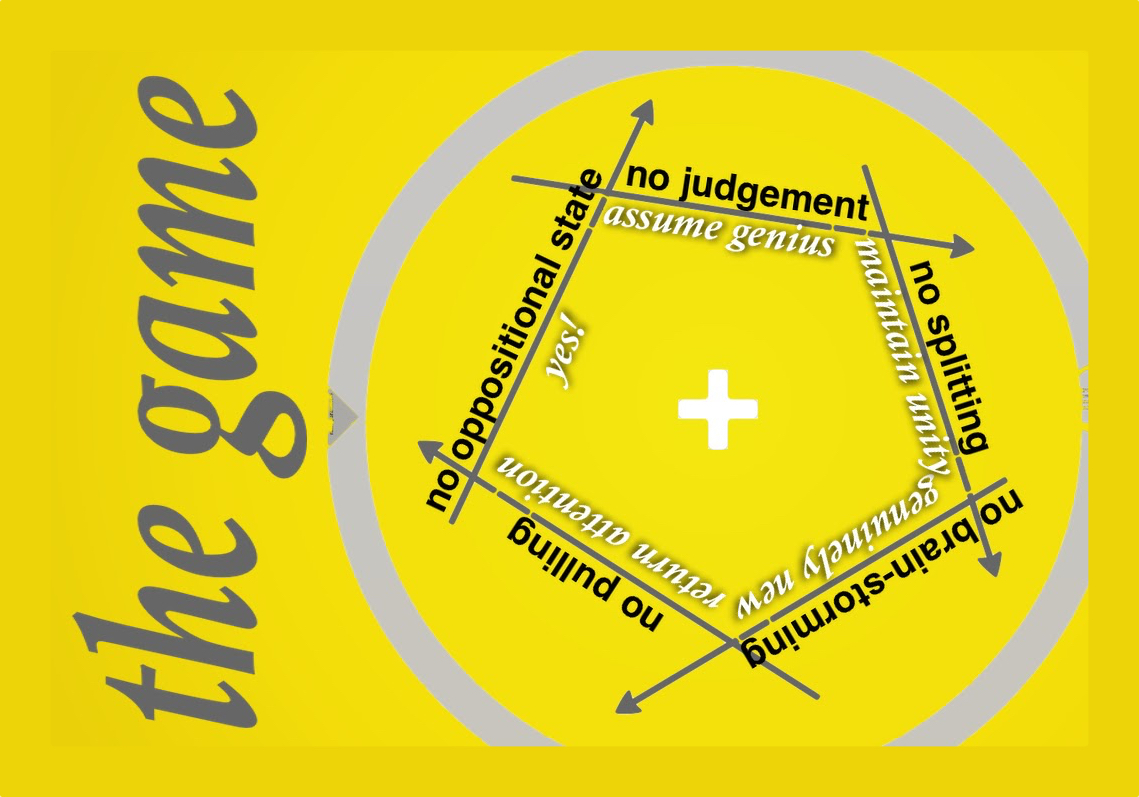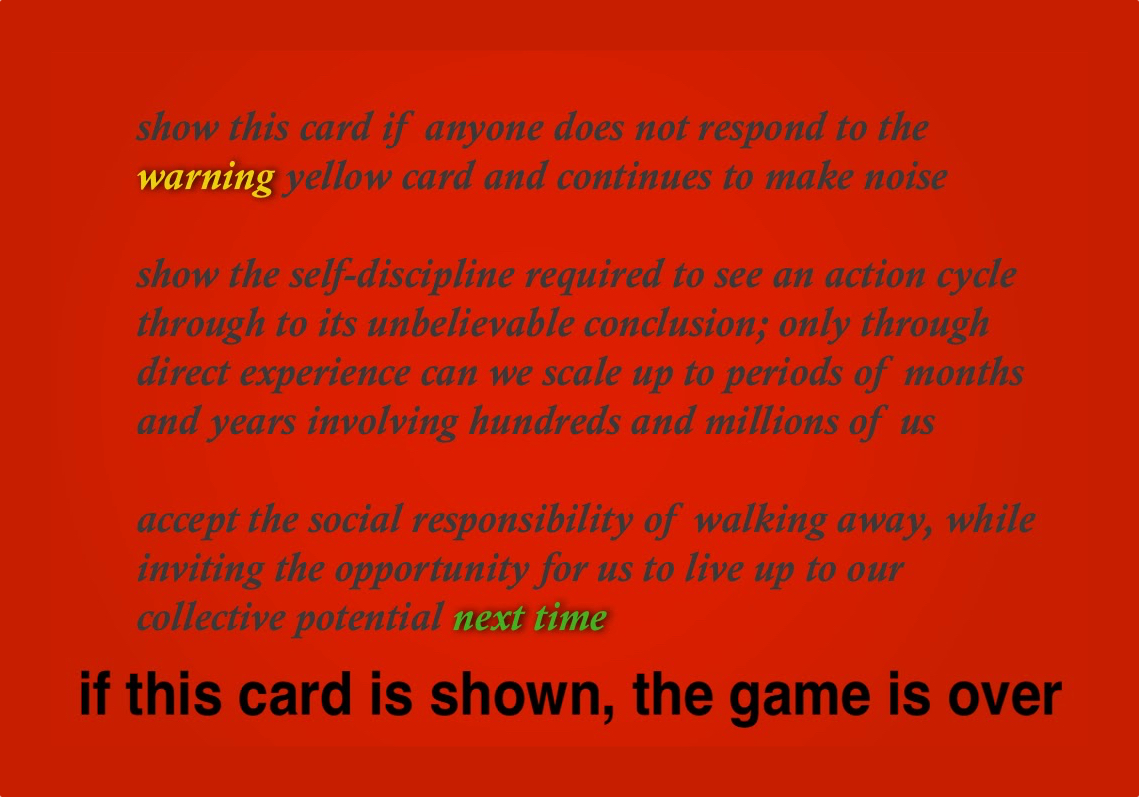Action Cycles are invited using the Sqale platform which may be set to a specific amount, a range, or any amount according to each member and who they invite. The initial outlay of moneyflow is constituted by the players, or the originator, though it might fall upon the vertical players (ie hosting company).
The third wow may result in moneyflow directly, eg support for a video produced during the week, as distributed through Sqale platform. Moneyflow should be distributed to all participants equally, or according to the SQ balance within the group as enabled by Sqale platform. Players evaluate the contribution of the other players during the hour, and subsequently deriving a unique SQ for each player. Evaluations of the hour itself may be tracked using the Sqale platform.
With nested projects, SQ may be tracked across different action cycles deriving player rating which may be useful for guiding player invitations.









